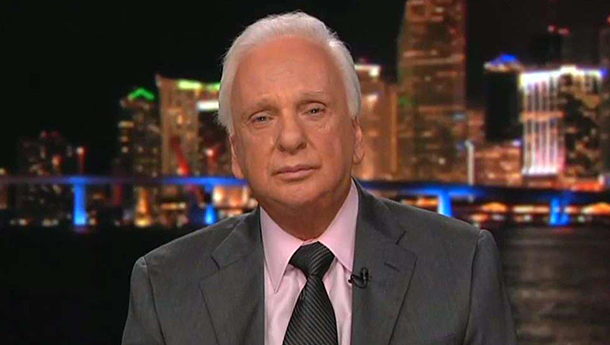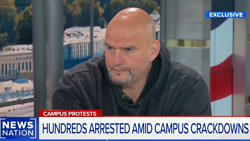So a Colorado baker, a Christian man of faith, has the right to refuse to bake a cake for a gay couple’s wedding. He has a right to practice his religion as he sees fit – and baking a cake for a same-sex marriage, in his view, would make him a participant in the wedding.
That’s more or less what the Supreme Court decided in its 7-2 ruling. More or less being the key phrase.
Actually, as the lead story in the Wall Street Journal explained it, “The Supreme court sidestepped a decision on whether religious merchants have a constitutional right to deny service to gay people, instead ruling narrowly that a Christian baker didn’t get a fair hearing before a state civil-rights commission.”
One of the commissioners in Colorado had said that, “freedom of religion and religion has been used to justify all kinds of discrimination throughout history, whether it be slavery, whether it be the Holocaust.”
The Supreme Court decided that talk like that showed an unfair bias against the baker; that the baker, Jack Phillips, didn’t get the fair hearing he deserved. Maybe, but religion has indeed been used over the years to justify all kinds of discrimination. It’s not exactly breaking news that while religion has the capacity to raise the game of some people, to make them noble and caring, it also has the power to make some people hateful and ignorant.
That’s not to say that Phillips is either hateful or ignorant. I trust he’s a sincere man who was willing to sell gays anything in his bakery but just wouldn’t take that next step and bake them a cake for an event that “celebrates something that directly goes against the teachings of the Bible,” as he put it.
Sooner or later the Supreme Court will have to tackle the issue head on: Does a merchant, whose business is open to the general public, have the right to turn away customers because they’re gay?
And if the answer is yes, can the merchant also discriminate against Jews or blacks or any other group his religion may not be fond of?
Here’s my take: If you open a store on Main Street, while you have the right to refuse to bake cakes adorned with Nazi slogans, you don’t have the right to refuse to bake cakes for gay weddings. Nazis aren’t a protected group in the Colorado civil rights law — or any other state civil rights law; discriminating based on sexual orientation, however, is against the law — and not only in Colorado.
I hope that someday the Court, while acknowledging the importance of a merchant’s religion, goes on to say that bakers and florists and photographers can’t turn away customers because of their sexual orientation. In my view, they shouldn’t have to deliver the cake or the flowers to the actual reception. Nor should they have to take wedding pictures at the wedding. That would be asking too much. But once you open your establishment on a city street, you shouldn’t be able to discriminate based on things like race, religion or sexual orientation.
But I readily acknowledge that it’s complicated.
Here’s the part I’m having trouble with: How can people of faith believe that the God they worship, the God who for whatever mysterious reason won’t lift a finger to save a child with cancer, or prevent a plane from crashing, or stop a terrorist from setting a helpless man in a cage on fire … how can the faithful believe that the same God who allows such atrocities is actually appalled when two people who love each other want to marry – whether they’re of the same sex or not?
My advice: Bake the cake for the gay couple. Sell them a wedding bouquet. Take their pictures. If God can accept children with cancer, he can accept all of that.






